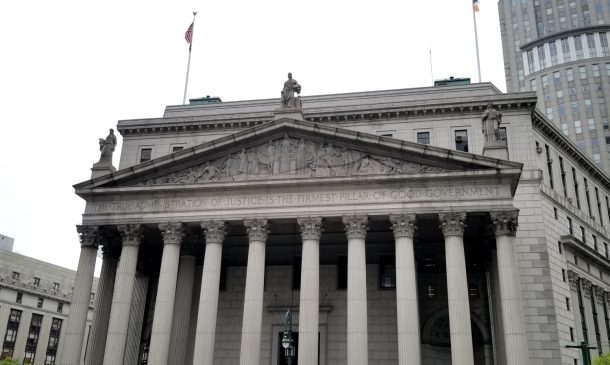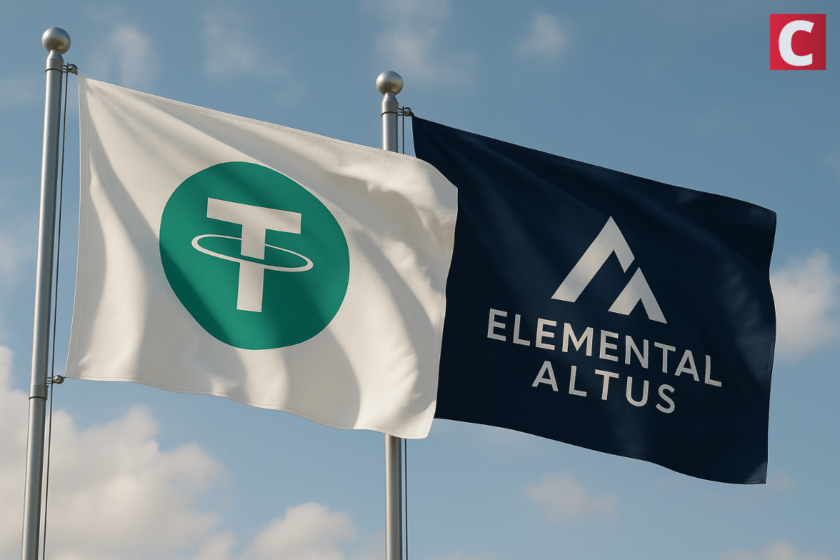Tether has asked a judge for more leeway to use its cash amid the New York Attorney General’s investigation of the stablecoin issuer and affiliated crypto exchange Bitfinex.
According to new court documents filed Monday, the attorneys for each side failed to come to a consensus on what, precisely, Tether should be allowed to do with its holdings. The NYAG’s office wants to prevent “any affiliated entity” from touching funds in Tether’s reserve and a 90-day injunction.
On the other hand, attorneys for Tether and iFinex, the parent firm of Bitfinex, want a 45-day injunction and for affiliated entities that want to fairly redeem tether to be able to do so.
The case began last month, when the NYAG secured a preliminary injunction, alleging Bitfinex covered up the loss of $850 million by borrowing from Tether’s reserve. (The companies have overlapping management and owners.) A New York State Supreme Court judge ordered the two parties to clarify the order last week.
In a letter to the court Monday, iFinex’s attorneys wrote that, without waiving their previous motion to vacate NYAG’s Ex Parte order entirely, they would agree to certain changes to the preliminary injunction.
The key point, for the crypto exchange, appears to be that it wants to be able to use its stablecoin reserve funds, including for investment purposes.
“If [Tether] simply held the proceeds in cash, the company would not earn the money required to fund its operations,” Bitfinex’s attorneys said.
Earning interest
However, in its own letter to the court, attorneys from the NYAG’s office said that “bona fide holders of tether should be able to redeem those tokens for cash, as Tether has long represented to the market,” adding:
“Further, the OAG’ s proposed modifications do not restrain Tether from placing the reserves in legitimate interest-bearing or similar cash equivalent accounts, as the OAG understands Tether to have previously done.”
Tether argues that NYAG has no basis for cutting off the ability of tether holders “who happen to be affiliated with Respondents” – including Tether employees – to redeem USDT, and that as a result, the NYAG’s argument presents a “gross overreach,” particularly given that it is not actually a regulator.
NYAG’s attorneys say that they aren’t opposed to Tether’s employees being paid, but that they want the company to pay its employees using transaction fees, rather than its reserves.
Both parties submitted proposed modified orders, which have similar third subparagraphs, but which clearly demonstrate the differences of opinion in subparagraphs 1 and 2.
Judge Joel M. Cohen, who is overseeing the case, will likely schedule a hearing to reconcile the different proposals in the coming days, though it was not immediately clear just when that would be.
New York State Supreme Court image via Nikhilesh De for CoinDesk




